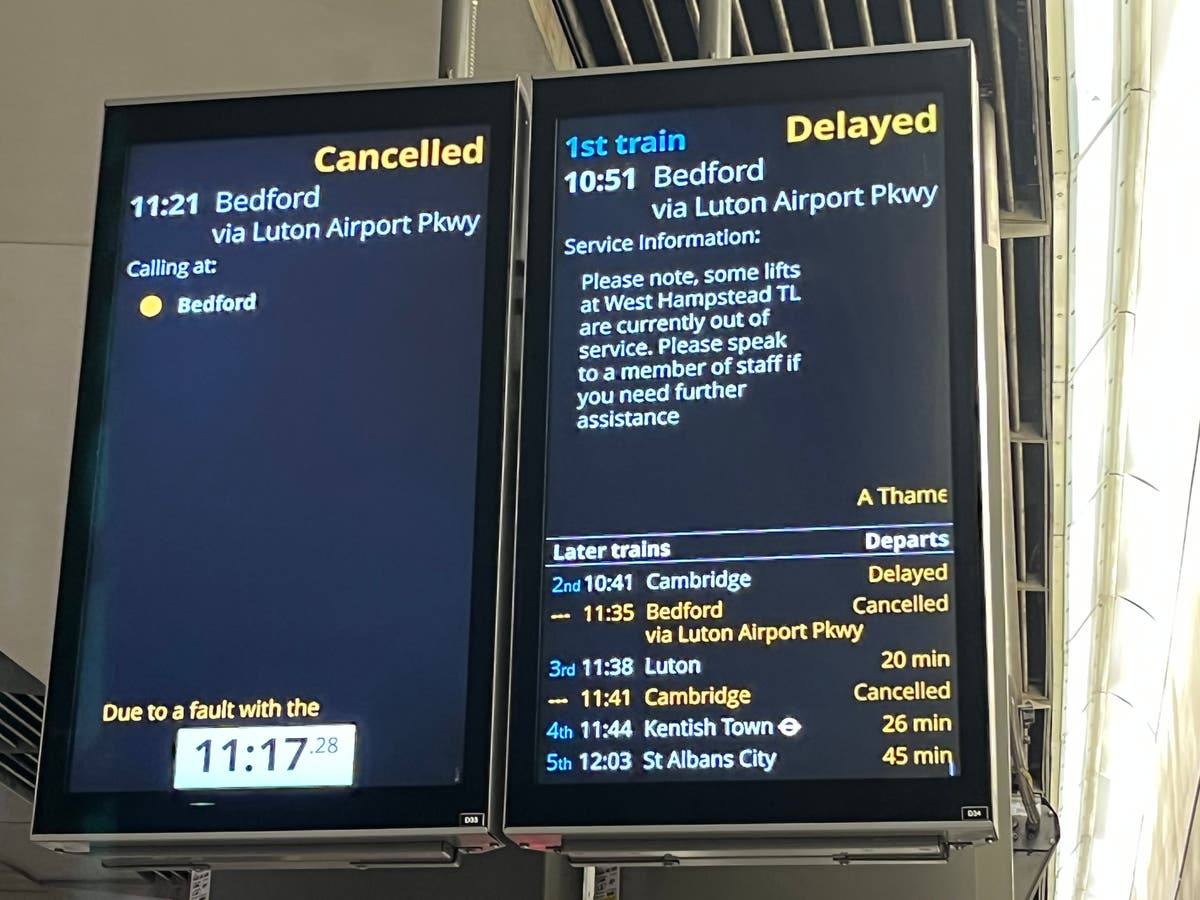Aslef general secretary Mick Whelan was right when he told me almost a year ago that it would take a change of government to settle the train drivers’ dispute.
New transport secretary, Louise Haigh, was right when she vowed to end three years of strikes swiftly on taking office.
Both blamed the Conservatives for allowing the dispute to drag on for three years. A procession of transport secretaries and prime ministers insisted any pay settlement must be funded by improved productivity. Labour has made a no-strings offer that looks certain to be accepted.
For the passenger, the settlement means reliability will increase by a couple of notches, and they can plan journeys more than two weeks ahead without the risk of a strike or overtime ban scuppering their travel plans.
But profound problems remain. The taxpayer, who will be funding the extra £9,000 per year for the average train driver’s basic salary is currently paying £240 per second to keep a frankly lousy railway shambling along.
As the two sides were finalising the deal at the Department for Transport (DfT) in Westminster, just along the road thousands of commuters at Charing Cross station found their trains had been cancelled because of a signal failure on lines to London Bridge.
Passengers hoping to travel from King’s Cross station in the capital to Leeds on the 6.33am were told their train is cancelled “due to a shortage of train crew”.
And passengers hoping to travel around northwest England next Sunday, 18 August were warned of “very short notice cancellations”.
The three rail firms involved – Network Rail, LNER and Northern Trains – are all part of the Department for Transport (DfT). It has been a convenient narrative for Labour and the unions to blame private companies for the state of the railway.
Ms Haigh wants to bring all train operators under public control. But they are already: some rail firms are publicly owned, while for others the DfT tells private companies what services to provide and pays them a couple of per cent in return.
Sure, that relatively small saving could help – but the debate over the costs and benefits of some outsourcing is far removed from assessing the prime causes of the deteriorating health of the railway.
The rail industry desperately needs to entice more travellers to switch to trains. But prospective passengers are deterred by recurring failures of the crumbling infrastructure and by a fares “system” of Kafkaesque complexity. Unless the industry becomes much more efficient, the doom spiral of ill-managed decline will continue.

